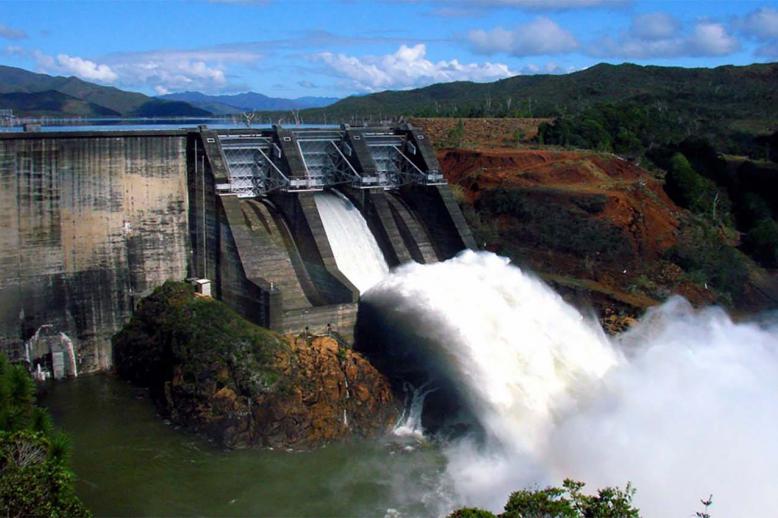Election and Democracy in Iraq: A Critical View
Democracy has different meanings. However, the specialized studies assure that it is a system based on these fundamentals: Social justice, economic prosperity, and equity. If Democracy fails in creating strong institutions to accomplish these objectives, then it becomes just an empty slogan to exploit people.
Therefore, we are trying here to analyze the election process in Iraq to know whether it leads the community to the world of Democracy. In the previous decades, the Iraqi nation sacrificed many souls to achieve this aspiration. But till now it seems that this country still faces many setbacks preventing it from applying the Democratic values realistically.
Though there are some observers defending the electoral system, I prefer to focus more on those who have an opposite opinion. In the recent years, their resentment has become more popular and prevalent.
Hence, It is said that the majority of Iraqi people no longer believes in the election. They have their own reasons. They say that the previous elections did not fulfill their dreams. Poverty, unemployment, corruption, and deterioration of the official institutions have reached everywhere in Iraq. Thus, they assume that there is no benefit from this great illusion anymore.
They confirm that election will not change the future. The same parties will continue to rule the country. But this time they will offer new competitors. This will not stop them from looting the fortune and neglecting the poor of the Iraqi cities.
When the election season comes, the political parties start using various electoral propaganda. But then people discover that these parties have cheated them as they participate in increasing the great inequality inside the population structure of the cities. In the long term, feeling of geographical discrimination might result in many societal tensions between the poor and rich districts.
Nowadays, the political parties have begun focusing on the twisted ways to get the votes, such as buying the single vote in the amount of 100$. Thus, we have all the right to state that if the community does not care about the future and sell its right of election with this bunch of money, then the electoral system will lose its legitimacy. Therefore, this sort of corrupt Democracy puts Iraq at risk.
In addition, the political parties have turned their attention to the technocrats. These parties have selected many academics to include them in their electoral lists. However, they chose the hard-line persons. In return, the liberal and moderate persons were excluded.
The radical academics do not differ from the others who are not working in the university institutions. Thus, political parties are currently deceiving people via this strategy.
Later, people will be shocked by the new parliament, which will be filled with the extremist technocrats or those who do not have the brave to reform the political system. In fact, they will be just like pawns in the hands of the political leaders.
Iraqi election also gives a huge role to the tribes and their elders. Large bribes are granted to them in order to participate in making a candidate win the election. The political capital can create the miracles. If the leaders of any big tribe order their followers to vote for a politician, then for sure he will be a parliamentarian. Is this the democratic way to build the nations?
The suburbs have their part in the election process as well. Particularly in Baghdad, these areas have a high population density. The politicians continuously exploit the plight of these places lacking for the suitable accommodation, health, education, and sanitation.
Politicians regularly resort to the clerics to convince the residents of the urban outskirts to vote for specific nominees. In exchange, very insufficient assistance is allocated to these marginalized zones for improving the service sector. It is a kind of a humiliating swap that eliminates the feasibility of election.
The parliamentary election in Iraq is held every Four years. Nevertheless, neither the political parties nor the civil society is interested in raising public awareness of the importance of this fateful matter. Thus, the collective behavior that is based on negligence, individual interest, and the irrational voting can lead to creating an unstable parliament.
By way of conclusion, I would like to announce that we might waste this unique opportunity represented by the electoral system. We are in urgent need to fix it and to concentrate on the electoral awareness from now until the date of the next election, supposed to be held in 2022.
Furthermore, we have to assure that if the Iraqi nation does not change its voting behavior, the election will never be a road to Democracy. Instead, it will be a cause of complicating the political scene in this country. Then, we will have to talk courageously about the alternatives.
Diyari Salih is an Iraqi academic, Ph.D. in Political Geography, Baghdad, Post-Doctorate in International Relations, Warsaw, Focuses on the Geopolitical Issues in Iraq.




